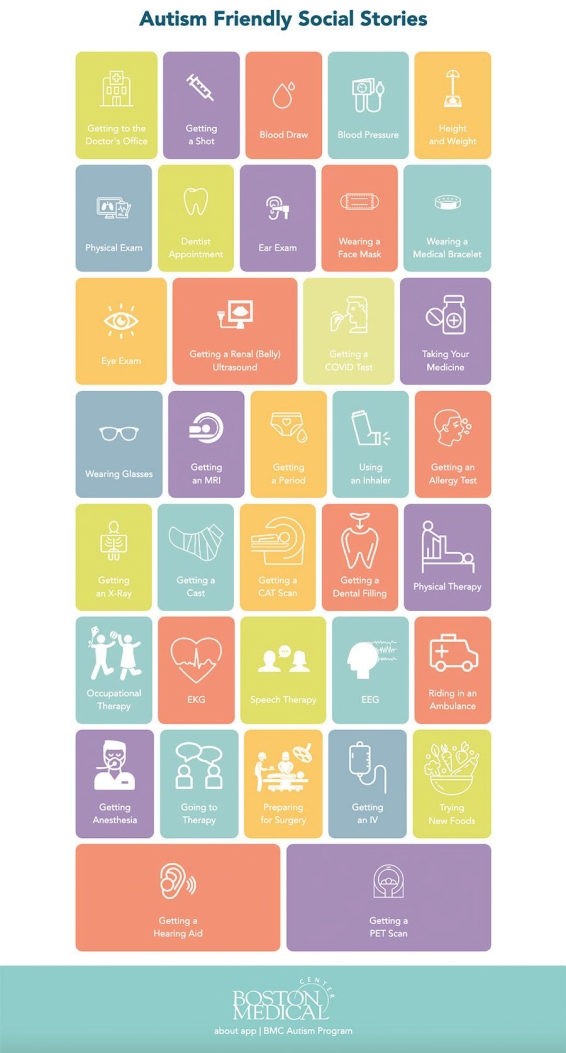INDIVIDUALS WITH MEDICAL COMPLEXITY MAY EXPERIENCE MEDICAL TRAUMA
BY LAUREN AGORATUS, M.A.
Many children1 and adults with complex medical needs, and their families, may have long lasting emotional effects from medical interventions.
MEDICAL INTERVENTION AND TRAUMA
Children, and adults, who have been involved with multiple medical procedures may experience this as trauma. For example, just being in ICU (Intensive Care Unit) is a risk factor 2,3 for up to 20% of patients. Some procedures may be painful or prolonged. It was found that some adults 4 and children on ventilators suffered from PTSD (post traumatic stress disorder), which is usually associated with warfare, assault, or natural disasters. 1 of 3 patients on ventilators suffered from PTSD.5 Studies have shown that journaling is ineffective at preventing PTSD.6 This is of particular importance due to the COVID pandemic and the use of ventilators. Being hooked up to medical equipment such as I-J's, med-comps, PICC lines, broviacs, etc. can be stressful, as can procedures such as apheresis or temporary dialysis or transfusions. Some patients are put on TPN (Total Parenteral Nutrition) or feeding tubes for weeks or months. Regardless of the cause, it is clear that equipment, procedures, and ICU stays can be traumatic for some patients.
PREPARING PATIENTS AHEAD OF TIME
Many times, just letting the person know what to expect ahead of time helps. For individuals with developmental disabilities, social stories may be helpful. Boston Medical Center's "Autism Friendly Social Stories" includes: getting a shot, using an inhaler, etc. Rady's Children's Hospital Social Stories include EEGs, angiograms, etc (see graphic, right). There are even "toy" medical devices for patients to see and understand what will happen (see Resources). Many children's hospitals have Child Life specialists who help calm the child using dolls, calming images, soundscapes etc.
WHAT WORKS
In addition to preparation and support from Child Life, there are other resources available from various pediatric and other organizations. The National Child Traumatic Stress Network's resources on medical trauma include: a toolkit for providers, and factsheets on self-care, and how families can help children after they have been in the hospital.
Children's Hospital of Philadelphia has assessment tools, as well as intervention strategies for pediatric traumatic stress due to medical trauma. The National Institutes of Health has information on bio-psycho-social processes. This means that biological events, such as: hyperarousal due to constant stress, psychological factors like the use of cognitive behavioral therapy, and social factors
including environment (e.g. school absence), all play a role and must be addressed. Currently no models consider all three areas to maximize effective interventions. In addition, preventing PTSD and other sustained stress reactions, must be considered to eliminate or minimize medical trauma. It was noted that earlier intervention (i.e. timeliness), resulted in better outcomes. Families can contact their local NAMI (National Alliance on Mental Illness) if they need help finding mental health professionals (nami.org).
Autism Friendly Social Stories
